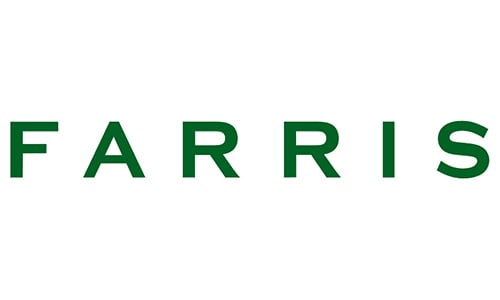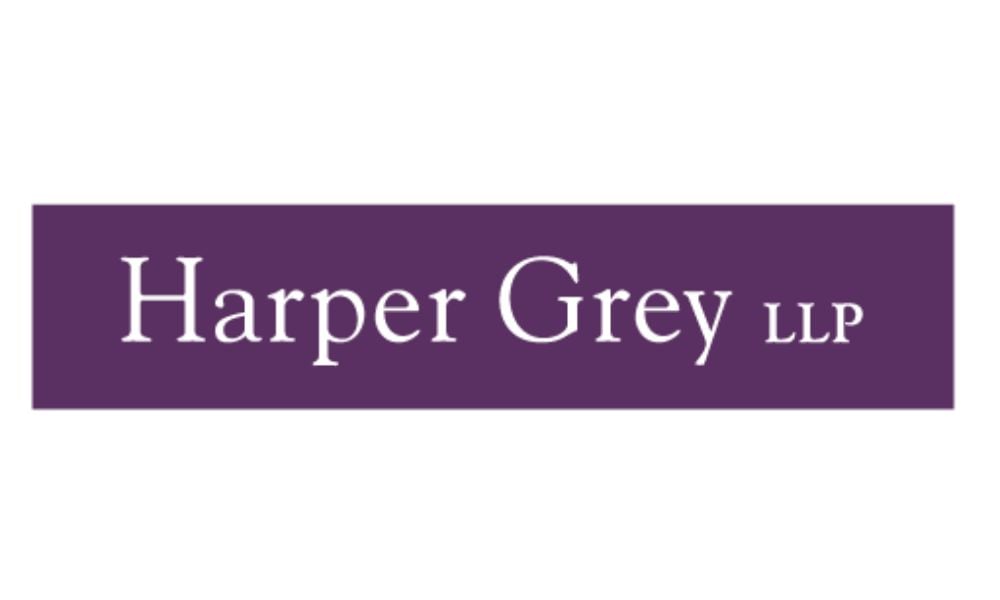Lawyers are statutorily required to charge (i.e. levy and collect) the correct amount of goods and services tax (GST) on each supply of legal services which they make to their clients. If a lawyer over-charges GST, the client will be financially prejudiced and conversely, if the lawyer under-charges GST, the lawyer will be personally liable for the uncollected GST. In either case, the lawyer would be vulnerable to reprimand by the applicable regulatory of legal services if a complaint is made.
Subject to certain exceptions, Part IX of the Excise Tax Act (Canada) (the “ETA”) requires every recipient of a supply of legal services to pay GST computed at the applicable statutory rate and requires each supplier of such services to levy the GST on, and to collect GST from, the recipient and to remit the GST collected to Canada Revenue Agency (“CRA”) on behalf of the recipient.
GST will generally apply to a supply of legal services if (a) the services are made by the supplier, in whole or in part, in Canada, (b) the supply of the services is a taxable supply (i.e. the services are made by the supplier in the course of a commercial activity), (c) the supplier of the services is registered, or is required to be registered, under the ETA, (d) the supply of the services is not an exempt supply and (e) the recipient of the supply is not exempt from taxation.
An “exempt supply” is a supply that is included in Schedule V of the ETA. For example, a supply of legal services provided under a legal aid plan administered by or under the authority of a provincial or territorial government made by the person responsible for administering the plan is an exempt supply. Accordingly, GST does not apply on that supply.
Conversely, GST will not generally apply to a supply of legal services if (a) the services are made wholly outside of Canada, (b) the supply of the services is not a taxable supply, (c) the supplier of the services is not registered, and is not required to be registered, under the ETA, (d) the supply of the services is an exempt supply or (e) the recipient is exempt from taxation.
For example, if the particular supply of legal services is listed in Schedule VI of the ETA, the supply is a “zero-rated supply,” and the applicable rate of GST is 0%. A supply of legal services which are professional or advisory in nature and which are made to a non-resident person is a zero-rated supply unless the service (a) is rendered to an individual in connection with criminal, civil or administrative litigation in Canada and the service is rendered after the commencement of such litigation, (b) is in respect of real property situated in Canada or (c) is in respect of tangible personal property that is situated in Canada at the time the service is performed. A corporation will generally be considered to be a non-resident person if it is incorporated under the laws of a foreign country and it is not resident in Canada at common law; however, if the corporation maintains a “permanent establishment” situated in Canada, it will be deemed to be resident in Canada under the ETA but only in respect of its activities carried on through that permanent establishment.
On the other hand, if the particular supply of legal services is not a zero-rated supply, the applicable statutory rate of GST will depend primarily on where in Canada the supply is made or is deemed to be made. The current applicable statutory rate of GST is 13% in Ontario, 14% in Nova Scotia, 15% in New Brunswick, Prince Edward Island and Newfoundland and Labrador and 5% in all other provinces and territories.
A supply of legal services will be considered to be made outside of Canada and is therefore not subject to GST if either (a) the supply is performed wholly outside of Canada or (b) the supply is in relation to real property situated entirely outside of Canada.
GST does not apply to a supply of legal services made to the government of Alberta, Saskatchewan, Manitoba, the Yukon or the Northwest Territories and to certain agents, crown corporations, boards and commissions of any such government. However, in each case, the supplier should obtain a written certification from the recipient confirming that GST is not applicable to the supply so that the supplier can produce the certification if audited by CRA.
The ETA includes special rules that apply in determining whether a supply made to a First Nation or to a “band empowered entity” or a member of a First Nation is subject to GST.
As well, there are special rules for determining in which province or territory a particular supply is considered to be made. This determination is relevant in identifying the relevant rate of GST that is to be applied for the purpose of computing the amount of GST that is payable in respect of that supply. For example, the supply of legal services that are made in respect of real property or tangible personal property are deemed to be made in the province or territory where the property is located. In any other case, the supply of legal services is considered to be made in the particular province or territory which corresponds to the recipient’s address recorded by the supplier in its records. If more than one address is recorded, the supply is considered to be made to the address that is more closely connected with the supply.
The forgoing is a brief summary of some of the salient considerations that are relevant in determining when GST applies to a supply of legal services. However, this summary is not exhaustive of all such considerations.
***

Thomas D. Ciz is an Associate Counsel in the Tax Practice Group. Thomas has broad experience in taxation and corporate/commercial law having initially served clients at a national firm and now at Farris LLP. As well, Thomas has acted as general counsel for both public and private corporations.





